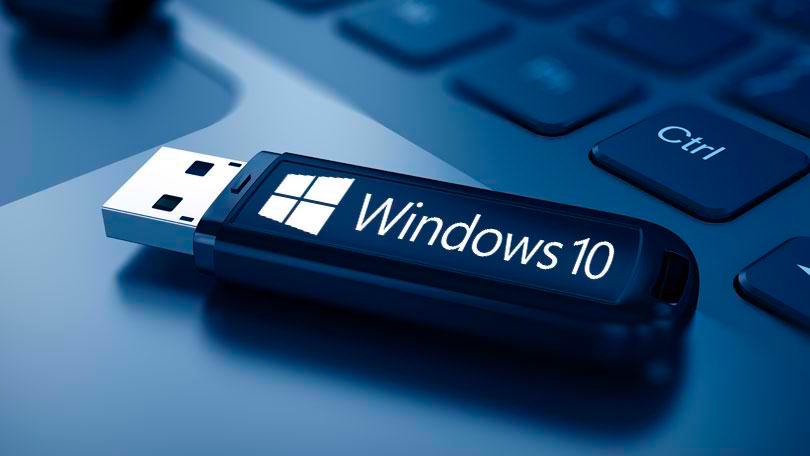
Note: Before you install Windows 10, check to make sure your PC meets the system requirements for Windows 10. If you are installing Windows 10 on a PC running Windows XP or Windows Vista, or if you need to create installation media to install Windows 10 on a different PC, see Using the tool to create installation media (USB flash drive, DVD, or ISO file) to install Windows 10 on a different PC section below.

While the F2 key is held down, press the Power button to turn on your PC.Press and hold down the F2 key on your keyboard.Plug-in your bootable USB drive to your PC and turn off the PC.On most computers, you can access BIOS by pressing and holding down the F2 key while your computer is booting up. Also, you need to disable the secure boot option in the same BIOS menu.

To boot your computer from the newly created bootable drive, you need to change the boot order in the BIOS settings menu of your PC. How to Boot Your Computer From a Bootable Windows 10 USB Drive Your Windows 10 bootable USB drive is now ready. Select Close in the secure boot prompt.Select Start the bottom of Rufus to begin creating your bootable USB drive.Activate the Create extended label and icon files option.

For example, Win10USBDrive is a pretty descriptive name.
In the Volume label field, enter a descriptive name for your bootable drive.Select UEFI (non CSM) from the Target system menu.Select GPT from the Partition scheme menu.Make sure Standard Windows installation is selected in the Image option dropdown menu.Choose Select next to this option, navigate to where you’ve saved Windows 10’s ISO file, and select the file to add it to Rufus. From the Boot selection menu, select Disk or ISO image (Please select).Select your USB drive from the Device dropdown menu at the top.


 0 kommentar(er)
0 kommentar(er)
